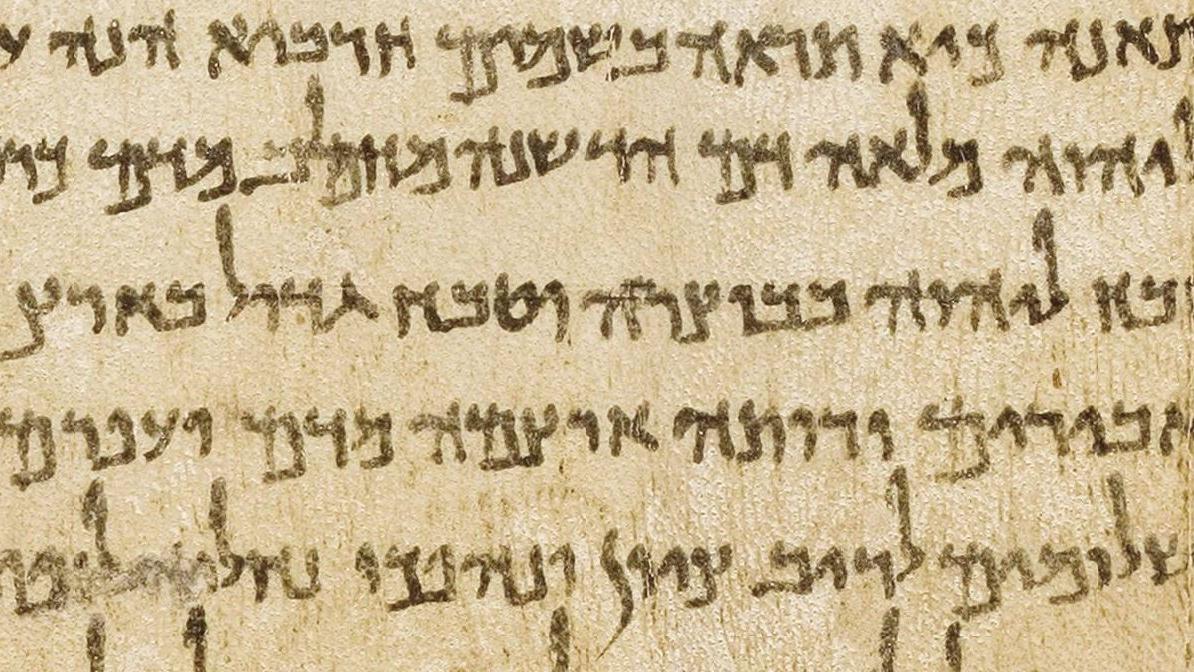Old Testament

Prozeliták, avagy betérés a zsidóságba
Dolgozatomban a prozelitizmus kérdéskörét kutatom. Főként az ószövetségi „jövevény” (gér) és intertestamentális kori prozelita (proszelüthosz) fogalmakkal foglalkozom. Fő kérdésem a témával kapcsolatban, hogy milyen megítélése volt a prozelitáknak a zsidó és nem zsidó társadalmon belül az említett időszakokban. Ugyanakkor vizsgálom a prozelita jog és betérés kérdéskörét is. Dolgozatom első részében azokat az ószövetségi helyeket vizsgáltam meg, amelyekben megjelennek a görög „prozelita” szóval megfeleltethető héber (gér, gerim) kifejezések.
„Ki vagyok én…?” (Ex 3,11)
A XX. század második felétől a formatörténeti kutatás feltételezte az elhívástörténet műfajának létezését, miután egy adott sémát fedeztek fel a bibliai elhívástörténetekben. Az általam vizsgált perikópa (Ex 2,23–4,17) is egy ilyen elhívástörténetként van számon tartva. Az Ex 2,23–4,17 azonban a elhívástörténet ismerős elemein túl számos egyéb részletet tartalmaz, amely kérdéseket vet fel a műfaj helyes azonosítását illetően.
A Jób 19,25–27 vizsgálata a 19–27. versek összefüggésében
Jób 19,25–27 talán a könyv legismertebb szövegrésze. Ez a perikópa számos alkalommal hangzik el temetéseken, s minden bizonnyal, a halál kérdéséről gondolkodó keresztyének is szoktak róla elmélkedni. Az itt írottak nem kívánják a hit korrekcióját végezni. Mert – rendszeres teológiai megközelítésben – a mindenkori Jób szenvedésből, bűnből, halálból való megváltója ugyanaz: a Krisztus. Ez a tanulmány nyelvészeti-poétikai vizsgálattal törekszik körvonalazni a szöveg jelentését. Egy (akár spontán) szöveg megalkotottságának mikéntje révén is üzen.
A keresztség sákramentumának gyökerei a második templom korabeli judaizmusban
Mi a keresztség? A tisztulási szokás rituáléja? Vagy beavatási rituálé? Mindkettő esetleg? Milyen gyökerekkel rendelkezik? Csak zsidó háttérre tekint vissza, vagy ennél mélyebbre nyúlnak vissza gyökerei? E kérdésekre keressük a választ.
A mosakodás, mint rituális cselekedet, szinte minden vallásban megjelenik, bár különböző jelentésekkel. Eredetileg a testi szenny megtisztulásának rituáléjaként tekintettek erre, de a második templom korának irodalmában ez megváltozott. A dolgozat megvizsgálja mind a zsidó, mind a nem zsidó gyökereket.
Parányi „állatkodás”, avagy a csodálatos menyét
A feladat nem is olyan egyszerű: az elnevezések keverednek, sokszor még az sem bizonyos, hogy azonos elnevezés az adott szövegekben ugyanazt az állatot jelöli. Így hát nem árt – már az alapoknál – egy kis nyelvészkedés. Már az általános görög név is (ἡ γαλή) jelenthet menyétet és (erdei) nyestet egyaránt.
Adorjáni Zoltán publikációi
Ez a publikációs lista Adorjáni Zoltán közleményeit tartalmazza.
A Zsoltárok 90,1–6 szövege a Targumban
Ebben a tanulmányban a Zsoltárok 90,1–6 (mint a zsoltár első nagyobb egységének) masszoréta szövegét hasonlítom össze a Targumban található szöveggel, feltérképezve a fordítási különbségeket, és bemutatva az arám fordítás fontosabb jellegzetességeit. Munkamódszerem: először párhuzamos olvasásban közlöm a szakaszokra bontott zsoltár masszoretikus és targumi szövegét és fordítását, majd ezt követően kiemelem a hasonlóságokat és a fontosabb különbségeket.
Irodalomtörténeti adatok a Zsoltárok könyvéhez
A Zsoltárok könyve irodalmi alkotás, amelyben az irodalom a maga módszereit, metodikáját, formáját és stiláris jellegzetességeit kínálja fel a formán és sablonon túlmutató lényeg, a hit kifejezésére és annak esztétikai megfogalmazására. Jelen tanulmány ezzel a felkínált irodalmi jellegzetességgel és sajáttal akar foglalkozni, tehát a zsoltárok irodalomtörténetével, azokkal a kérdésekkel, amelyek felvetődnek valamely irodalmi alkotás műelemzése során, de főleg a prédikációra néző exegézis keretében.
Isten igazságosságáról – a Prédikátor könyvének feleletei fényében
Isten igazságosságának a kérdése mindig is foglalkoztatta Izrael bölcseit, de igazán élessé a kérdést a hellenizmus kihívása tette. Valóban van értelme a hitnek? Van haszna az istenfélelemnek, és valóban aszerint alakul kinek-kinek a földi élete, ahogyan Izrael Istenének akaratához viszonyul? A hellenizmus filozófiai irányzatai e kérdésekre nemmel feleltek. Ebben a tanulmányban a Prédikátor könyve sokat emlegetett „szkepszisét” és életigenlését kívánom a theodicea szemszögéből vizsgálódás alá venni.